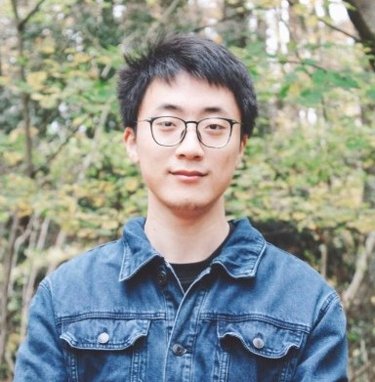Statistical and machine learning contributions to spatial and patio-temporal point process modelling, with an application to Dutch fire risk prediction
Changqing Lu is a PhD student in the Department of Mathematics of Operations Research. (Co)Promotors are prof.dr. M.N.M. van Lieshout, prof.dr. R.J. Boucherie and dr.ir. M. de Graaf.
 Point pattern data are ubiquitous in both the natural environment and human activities. Spatial and spatio-temporal point processes are widely utilized to model the occurrence of random events across space and time. These models aim to uncover the underlying patterns of such events by analyzing environmental variables that influence their probabilities, and by testing, estimating and simulating spatial or spatio-temporal correlations. Despite significant advances in point process theory and methodology in the last decades, classical approaches still require continuous refinement and extension. This need arises from the distinctive characteristics of point pattern data in practical applications, as well as the increasing amount and complexity of data available in contemporary research. This thesis explores spatial and spatio-temporal modelling in the context of fire risk prediction in the Netherlands. Fire occurrences exhibit unique features that pose specific challenges in point process modelling. Four critical research questions are identified based on real applications of point process methods to the data. To address these challenges, we developed novel statistical and machine learning approaches, proposing targeted solutions that advance the state-of-the-art in the research domain.
Point pattern data are ubiquitous in both the natural environment and human activities. Spatial and spatio-temporal point processes are widely utilized to model the occurrence of random events across space and time. These models aim to uncover the underlying patterns of such events by analyzing environmental variables that influence their probabilities, and by testing, estimating and simulating spatial or spatio-temporal correlations. Despite significant advances in point process theory and methodology in the last decades, classical approaches still require continuous refinement and extension. This need arises from the distinctive characteristics of point pattern data in practical applications, as well as the increasing amount and complexity of data available in contemporary research. This thesis explores spatial and spatio-temporal modelling in the context of fire risk prediction in the Netherlands. Fire occurrences exhibit unique features that pose specific challenges in point process modelling. Four critical research questions are identified based on real applications of point process methods to the data. To address these challenges, we developed novel statistical and machine learning approaches, proposing targeted solutions that advance the state-of-the-art in the research domain.





